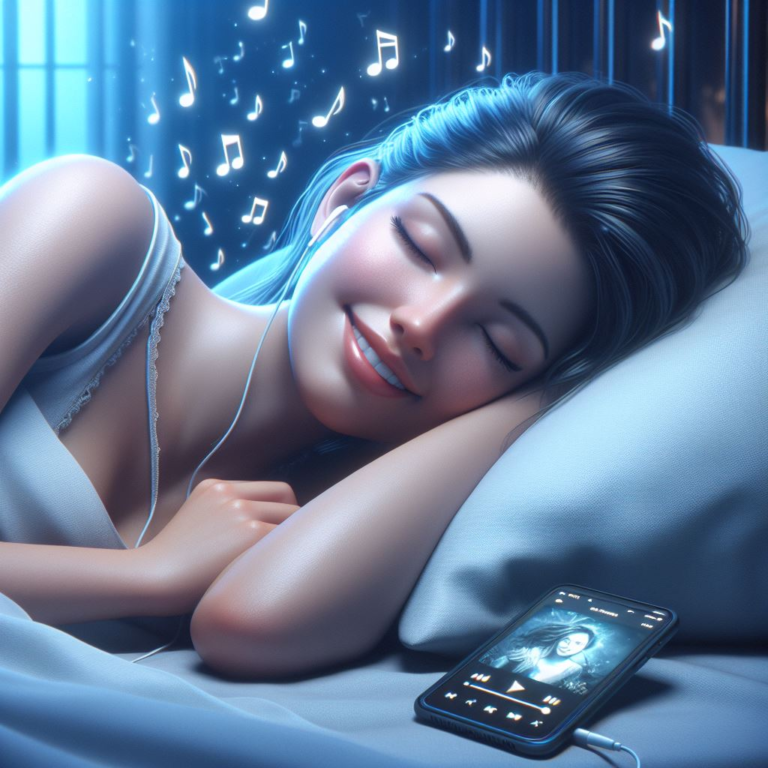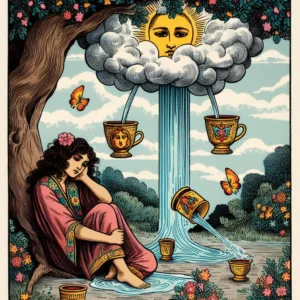Whenever we think of a lullaby we think of a gentle song sung to babies and children to aid their falling asleep. That is what the word itself means – “a quiet song to lull a child to sleep”. But at what age are we too old to benefit from a lullaby to relax our minds?
Of course, the answer to that question depends on the individual. For me, it’s still most nights of the week! On our wooden headboard, we have an electronic noise machine. We use it most nights of the week to play the sound of waves breaking on a shoreline. It aids us in overcoming the irritating tinnitus sound we both occasionally have. But it’s not exclusively for that alone. The gentle sound playing at low volume doesn’t distract us from sleeping. Instead, it allows us to relax and slow down the thoughts of our monkey minds until we gently fall asleep.
I will have earplugs playing beautiful music on other occasions to soothe me to sleep. Personally, I like music such as that of the artist ‘Liquid Mind’. This is a beautiful way to end my day, especially when my mind has been overworked, and I feel somewhat stressed. Often, when writing spirit-inspired words, I hear the gentle sound of waves playing in the background or some appropriate music playing in my ears. They do not distract me; quite the opposite, they allow my mind to concentrate on listening internally.
While researching this article, I visited Wikipedia and found this article. It provides good information on the use of lullabies worldwide, which are often used for spiritual reasons.
I don’t believe lullabies are for children only. We can all benefit greatly and make falling asleep more of a pleasure in the process. By the way, the noise machine we use switches off after an hour. As for my in-ear music – it might play all night, or it might not! Either way, I’m not disturbed by it.
To conclude this article, here is a beautiful poem on the subject, written by W.H. Auden (1907-1973)
I’ll end this article with a beautiful poem on the subject, written by W.H. Auden (1907-1973)
Lay your sleeping head, my love,
Human on my faithless arm;
Time and fevers burn away
Individual beauty from
Thoughtful children, and the grave
Proves the child ephemeral:
But in my arms till break of day
Let the living creature lie,
Mortal, guilty, but to me
The entirely beautiful.
Soul and body have no bounds:
To lovers as they lie upon
Her tolerant enchanted slope
In their ordinary swoon,
Grave the vision Venus sends
Of supernatural sympathy,
Universal love and hope;
While an abstract insight wakes
Among the glaciers and the rocks
The hermit’s carnal ecstasy.
Certainty, fidelity
On the stroke of midnight pass
Like vibrations of a bell,
And fashionable madmen raise
Their pedantic boring cry:
Every farthing of the cost,
All the dreaded cards foretell,
Shall be paid, but from this night
Not a whisper, not a thought,
Not a kiss nor look be lost.
Beauty, midnight, vision dies:
Let the winds of dawn that blow
Softly round your dreaming head
Such a day of welcome show
Eye and knocking heart may bless,
Find the mortal world enough;
Noons of dryness find you fed
By the involuntary powers,
Nights of insult let you pass
Watched by every human love.











